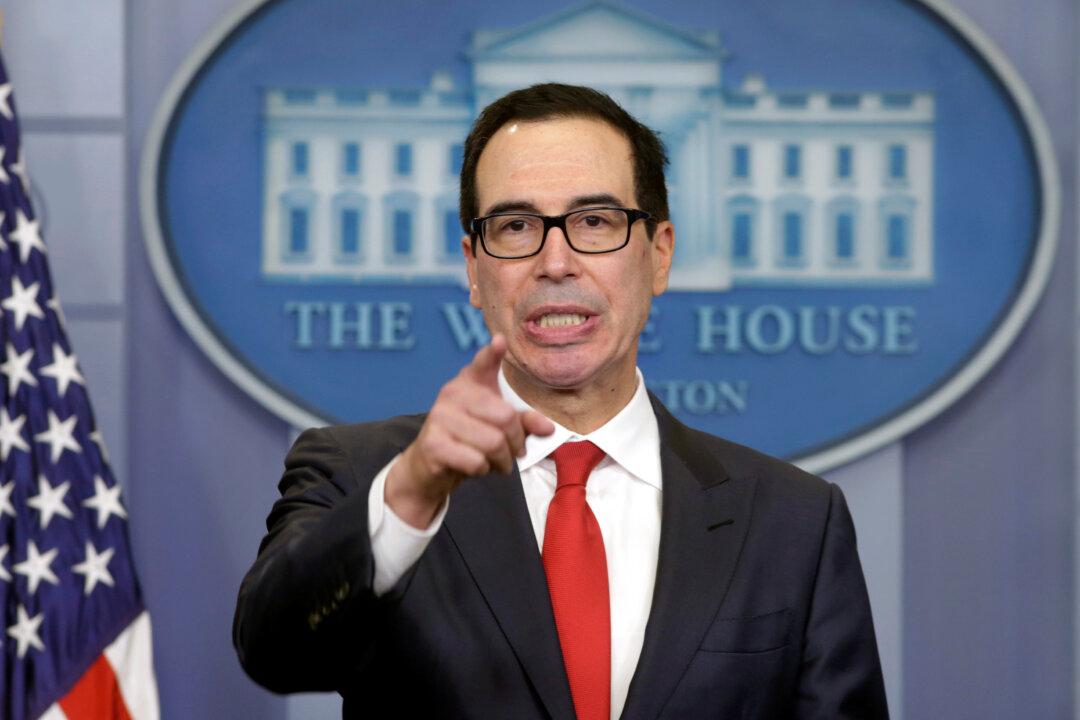The Treasury Department sanctioned five Russian companies and three Russian citizens on Monday for strengthening the cyber capabilities of Russia’s military and intelligence units.
One of the companies was controlled directly by the Russian Federal Security Bureau (FSB), the internal spy agency that succeeded the notorious KGB. Two other entities provided material and technological support to the agency. The rest were linked to the sanctioned companies.





